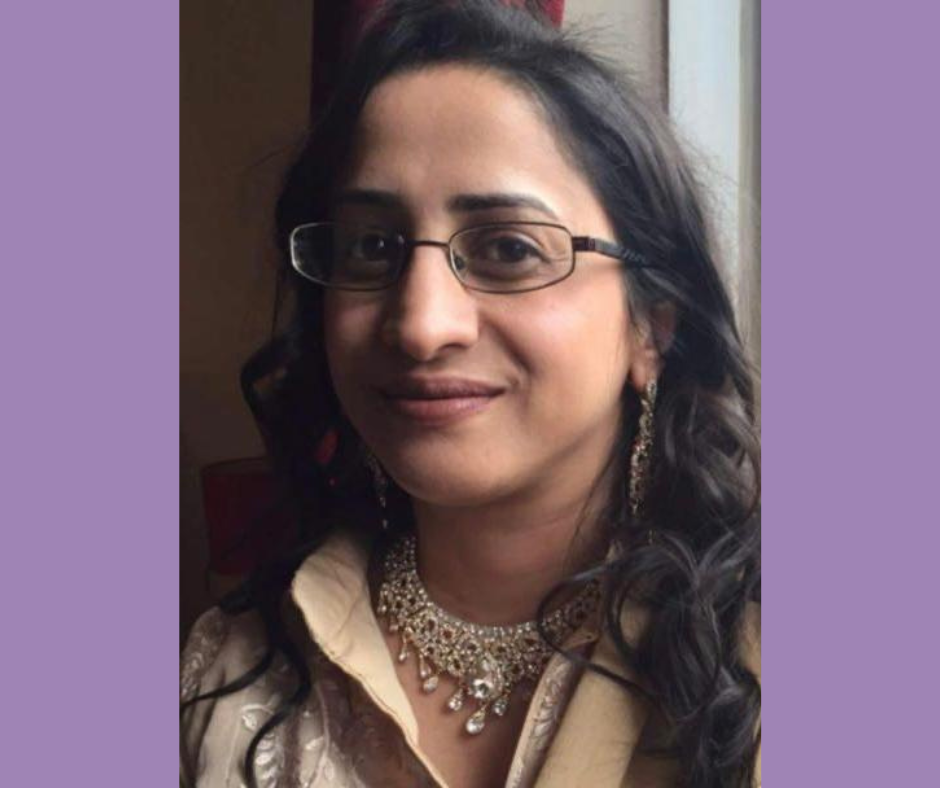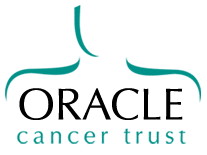Peter Rhys-Evans Scholarship recipient reports back from ESTRO in Amman, Jordan 2023

Sameena Hassan, a FRCS Plastic Surgeon on the GMC specialist register since 2021, was one of three recipients of the inaugural Peter Rhys-Evans Scholarship. Here she shares what the opportunity meant to her and her key takeaways.
It was my honour and privilege to be a recipient of the Peter Rhys-Evans Scholarship 2023, which allowed me to attend the ESTRO Multidisciplinary Management of Head and Neck Cancer meeting in Amman, Jordan.
This was an exciting opportunity for me to meet global members from the international head and neck community and listen first hand to the challenges that many developing nations have overcome to set up a comprehensive service, as well as understanding how much work still needs to be done and what expertise I, as a fully trained UK plastic head and neck surgeon, might be able to offer.
The conference has been a great opportunity to learn of advances in the field of systemic anti-cancer therapeutic agents, how these work on a biological level and their efficacy. This will improve my ability to not only participate in future cancer MDT discussions but also to communicate these treatment pathways to my patient.
A breakout section allowed for an in depth 2-hour discussion with my surgical peers. This was an opportunity to discuss difficult and complex recurrent cases. Particularly beneficial was a discussion on the use of new technologies such as robotic assisted resections; pitfalls, advantages, logistics, expected learning curve, audit of results and how to avoid certain complications. Learning a new technique from those that have prior experience is so crucial to the development of our technical expertise, whilst ensuring patients have access to minimally invasive techniques where appropriate.
A multidisciplinary discussion on management of the recurrent neck was most stimulating, as this is often the hardest decisions we face as an MDT. Discussions including use of induction chemotherapy, a move away from considering nodal status as an indication for neck dissection, a trend to more selective neck dissection and a discussion on the PETNECK study results were essentially new and novel concepts that will form a basis of my practice and recommendations in this group of patients.
A section on recurrent tumours after chemoradiation was invaluable. This is a complex and difficult area where the risks of surgical complications, lower yield of complete excision and high local and regional recurrence rate means we must carefully choose which patients we consider for treatment. A discussion on the available literature evidence on outcomes produced a good algorithm for choosing potential patients with a high importance placed on technique of free tissue transfer and careful monitoring of complications. A discussion on surgical techniques itself was particularly beneficial to me, so that when I encounter this situation, I have the experience of others to fall back on.
A series of lectures on anatomy of the head and neck, and in particular radiological features of perineural vascular tumour infiltration, was helpful in my understanding of interpreting these images for discussion and decision making on which examples are amenable to complete excision. Case discussions on skull base tumours and management of area specific complications such as access and cerebrospinal fluid leak was invaluable, particularly as I have a case like this in the coming few weeks.
Of most value in attending this meeting was meeting individuals from large cancer centres around the world, whom I can email and discuss complex cases preoperatively to reduce any surgical morbidity to my patients.
I am very grateful for the support of the Oracle Cancer Trust, which allowed me to attend this meeting that will have a lasting a sustained impact on the care of my patients.

